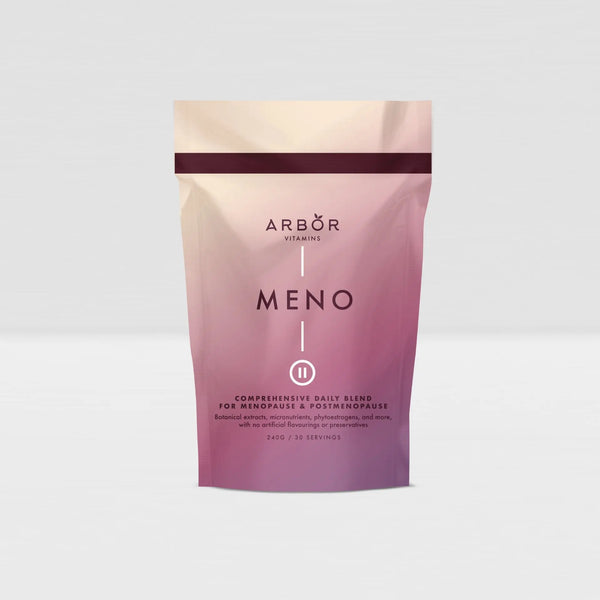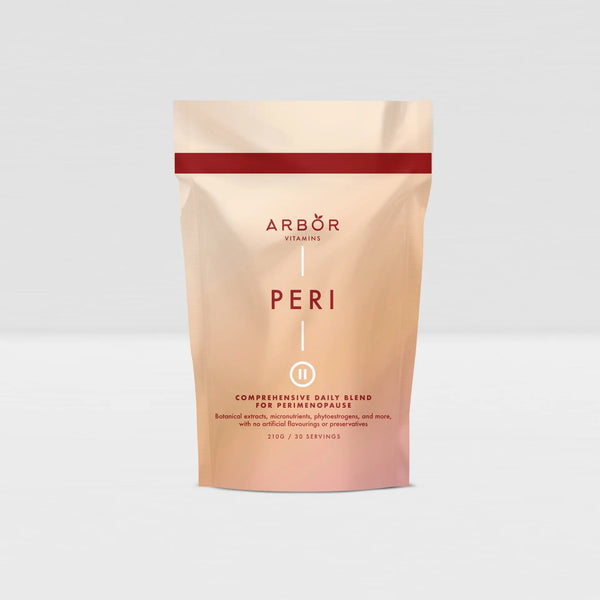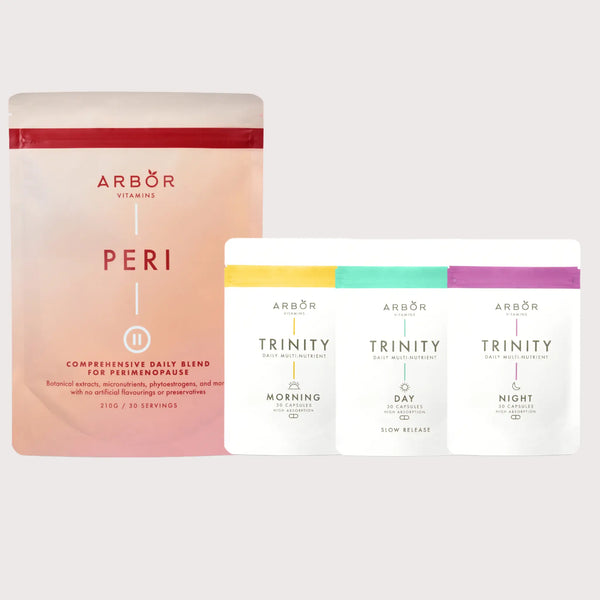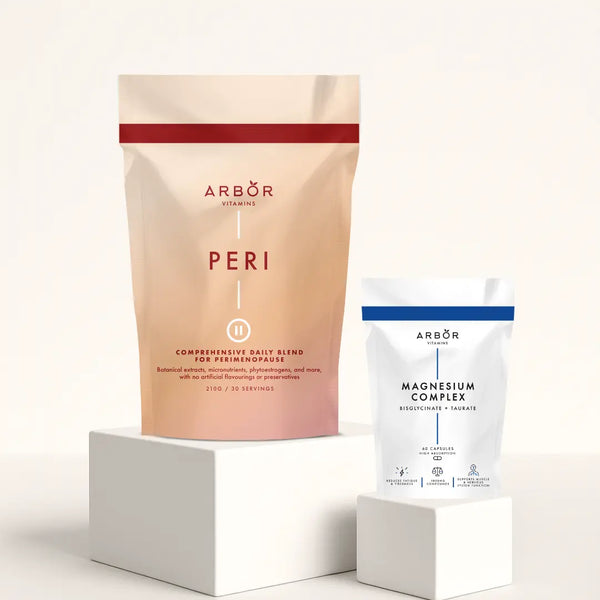Molybdenum is a trace mineral, albeit lesser-known than its counterparts, that plays a pivotal role in the enzymatic reactions essential for the proper functioning of our bodies. Crucially, molybdenum acts as a catalyst for enzymes involved in detoxifying harmful compounds, processing genetic material, and utilising iron. Its subtle yet integral function in our health makes understanding molybdenum and its sources even more vital. Lets shed light on the importance of molybdenum and detail the top 10 foods rich in Molybdenum.
The Pivotal Roles of Molybdenum
Molybdenum is a cornerstone in several key biological processes. Here's an overview:
- Detoxification: Molybdenum-containing enzymes help break down and eliminate harmful substances, including certain toxins and drugs.
- Metabolism of Genetic Material: This mineral assists enzymes that process DNA and RNA, ensuring genetic processes occur flawlessly.
- Iron Utilisation: Molybdenum ensures efficient use of iron in the body, preventing its buildup and potential resultant issues like gout.
- Enzymatic Reactions: It is a co-factor for a variety of enzymes, facilitating chemical reactions essential to life.
Find it in our TRINITY Night formula - time-optimised, comprehensive multi-nutrients.
Top 10 Molybdenum-Rich Foods
Here's a compilation of some top foods teeming with molybdenum, along with their respective content per 100 grams:
Lentils - 150 mcg per 100g
Pinto Beans - 140 mcg per 100g
Lima Beans - 130 mcg per 100g

Kidney Beans - 120 mcg per 100g

Green Peas - 100 mcg per 100g

Oats - 95 mcg per 100gBeef Liver - 90 mcg per 100g

Almonds - 70 mcg per 100g

Brown Rice - 60 mcg per 100g

Spinach - 45 mcg per 100g

Molybdenum's role in our health may be subtle, but it's undeniably vital. By incorporating molybdenum-rich foods into our meals, we not only secure our intake of this essential trace mineral but also benefit from a multitude of other health-boosting nutrients, emphasising the significance of a diverse, nutrient-packed diet.
Why Supplementation Can Help
While it's always best to aim for a balanced diet filled with nutrient-rich foods, sometimes our bodies don’t get everything they need from food alone. Factors like soil depletion, modern farming methods, and busy lifestyles can leave gaps in our nutrition. That’s where supplementation comes in—to ensure you’re meeting your daily nutrient requirements and supporting optimal health.
Our TRINITY Multi-Nutrients are designed to fill these gaps with precision. Molybdenum, a trace mineral essential for breaking down harmful substances and supporting enzyme function, is included in our Night Formula. This is because molybdenum plays a crucial role in detoxification, helping your body cleanse while you rest. TRINITY pairs this with other complementary nutrients like magnesium and zinc for nighttime recovery, ensuring you wake up feeling refreshed and restored.
Why Choose Trinity Multi-Nutrients?
Trinity Multi-Nutrients is designed to support your body’s needs throughout the day with a focus on nutrient synergy and absorption. Here’s why it stands out:
✔ Time-Optimised Formulas – Tailored for morning, day, and night to align with your body’s natural rhythms.
✔ Complementary Nutrients – Carefully paired to enhance absorption and efficacy.
✔ High-Quality Ingredients – Made with bioavailable vitamins and minerals for better results.
✔ Clean Formula – Free from fillers, binders, sugars, preservatives, and artificial additives.
✔ Comprehensive Wellness – Supports energy, focus, and restful sleep, all in one.












